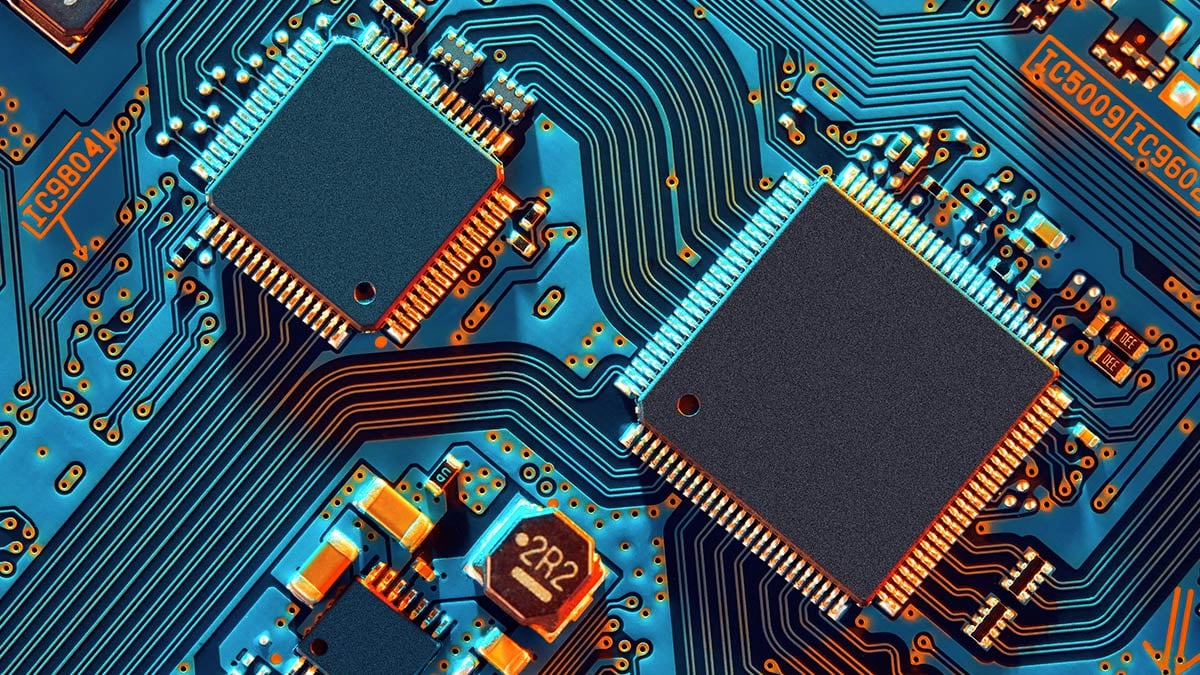Hardware Requirements Every Company Should Have in Their Next PC
No matter what kind of business you have or are interested in starting, you will almost certainly need the assistance that only a properly equipped business PC can provide. Of course, each business is a unique entity with its own needs, goals, and concerns. Still, businesses of all kinds can depend on these specific PC hardware requirements to ensure that your computer serves to carry out your daily operations swiftly and efficiently. If you are aware of the hardware requirements every company should have in their next PC, you will be able to make an informed decision when purchasing the device that will act as the digital backbone of your business for years to come.
Laptops, Desktops, and All-in-One PCs are Unique; Consider Which Works Best
Although certain aspects of running or starting a business, like market forces and industry trends, are entirely out of our control, one relatively easy decision is what type of PC will best suit your needs. The three most popular options for buying a business PC include laptops, desktops, and all-in-one units, and each comes with its own pros and cons.
Laptops are the best in terms of portability, travel, and making presentations on-site, but since many models are either entirely sealed or extremely difficult to upgrade, they may not be best for those interested in buying cheap and upgrading units themselves. Desktops offer the advantage of providing you with the most room to add hardware and other components to improve your PC over time and are generally the most affordable, but they can take up considerable amounts of office real estate. Although the aesthetics of your business PC may not be among your primary concerns, anyone with a public-facing business may want to consider purchasing an all-in-one unit that sacrifices some upgradability and size for an attractive, streamlined appearance.
The CPU's Power and Total Amount of RAM Deeply Affect PC Performance
If you are unfamiliar with some of the more technical specifications to look for when shopping for business PCs, two of the most critical hardware requirements concern the CPU's power (central processing unit) and the amount of RAM (random access memory). As the primary engine which drives all activity on your PC, both seen and unseen, the quality of your CPU directly impacts all your PC activities and functions, from data processing to composing emails to internet browsing and more. The power and efficiency of a CPU is measured in GHz or Gigahertz; generally speaking, the more GHz a CPU has at its disposal will translate into significantly faster performance.
While having a good CPU is crucial, one of the other significant factors in determining how well business computers will perform under pressure is RAM. A type of memory hardware designed to store working data temporarily, RAM stores any open document, spreadsheet, or PowerPoint presentation until you save it back to the hard drive. Much like the above example with CPUs, the PC hardware requirements for your business should include units with DDR3 or DDR4 RAM storage and as much RAM as possible.
Consider the Type and Size of the Hard Drive Along with Screens and Monitors
While RAM effectively acts as your PC's equivalent of short-term memory, your hard drive is responsible for storing essential data in the long term and can also have a notable impact on the speed and efficiency of other activities. The two main options to consider when looking at the hardware requirements for a business laptop or business desktop hard drive are HDDs (hard disc drives) and SSDs (solid state drives).
HDDs are much cheaper than their more modern counterparts but rely on moving parts to operate and are much more vulnerable to physical impacts and damage as a result. SSDs are not only smaller than HDDs, but they are also much faster and more dependable due to no moving parts and more advanced technology. Although you should ideally back up your valuable data using additional methods, including external hard drives and cloud storage services, getting SSD over HDD hard drives is generally preferable whenever possible.
Almost everyone can agree that external monitors provide many advantages over laptop screens, including limiting neck strain and using a dual monitor setup. Still, for some businesses, your screen or monitor quality is much more relevant. This is especially true for anyone involved in animation, graphic design, and any other field where attention to visual detail is key to success. If this is the case for your professional interests, you should focus on acquiring the largest and best-equipped monitors that your budget can accommodate.
The screen size can also make a real difference in the portability of laptop PCs, with smaller screens generally making for easier transport. On the other hand, those looking for a more mobile version of a desktop PC should go with a larger screen for a better user experience. You should also note that while dual monitor setups and other external devices can be incredibly useful, you should always check to see if a given PC can support such configurations to avoid wasting time and money.
As long as you take care to balance your technical requirements for business computers with any budget limitations, you will find the unit or units that will be best for your company. Check out our other articles to learn more about business PCs and what to look for when purchasing.
About Dan Martin: Daniel Martin is a technology researcher and writer with more than a decade of experience. He is a professional librarian and an experienced tech teacher, writer and blogger. Specializing in technology, Dan has taught courses in technology and writing at the college level, developed web pages for businesses and higher educational institutions, written on tech topics for leading national publications and created numerous how-to guides.













